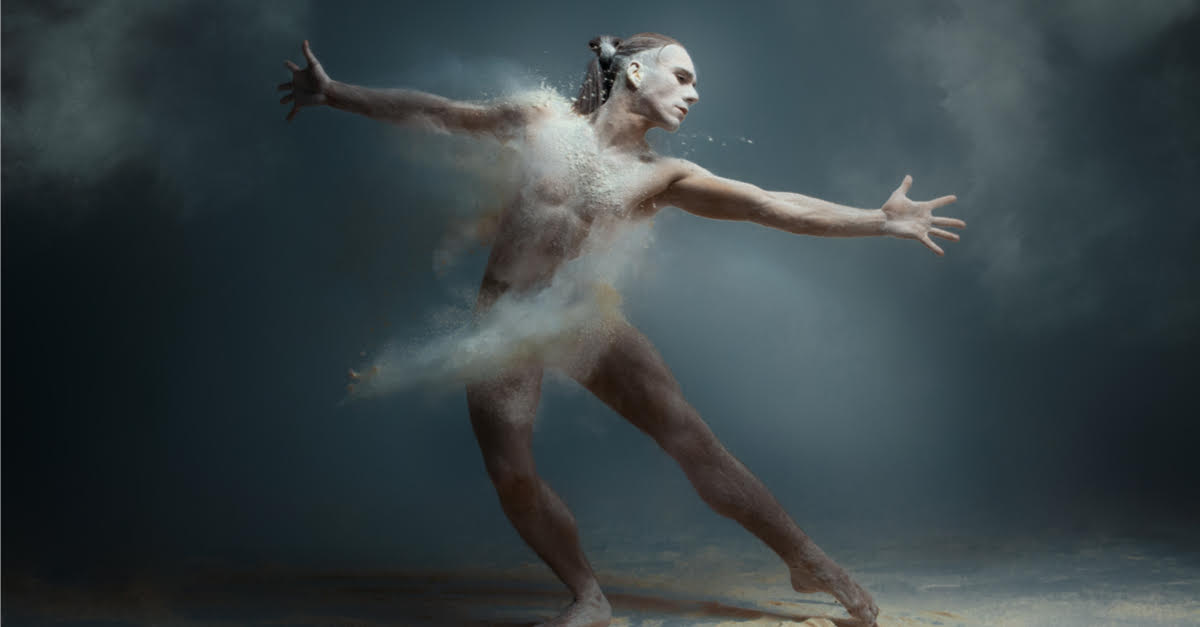By Scott Brassart
A few days ago, an article by Michael Hobbes appeared in The Huffington Post titled The Epidemic of Gay Loneliness. In this brief article, Hobbes talks about a friend of his who seemingly had it all together but was secretly using meth and cocaine to combat his loneliness. Then he talks about anxiety, depression, body dysmorphia, and suicidality in the gay community, noting that gay men seem to be particularly susceptible to these issues.
Hobbes concludes his article with the statement:
All of these unbearable statistics lead to the same conclusion: It is still dangerously alienating to go through life as a man attracted to other men. The good news, though, is that epidemiologists and social scientists are closer than ever to understanding all the reasons why.
I agree with the first half of Hobbes’ conclusion, but not the second half. The good news is not that epidemiologists and social scientists are closer than ever to understanding all the reasons why gay men often struggle with life. The good news is that, for many gay men, there is a solution to these struggles. And that solution, if such men are addicted, is to enter a process of recovery.
To briefly illustrate, I will use my own story. I knew I was attracted to other males from the moment puberty hit (and maybe before that). This knowledge created in me a sense of being different and in some way defective. I felt less-than, not good enough, and unloveable. Rather than experiencing my shame and depression head-on, I found ways to escape my enormous emotional discomfort: typically turning alcohol, drugs, and sex.
In short order, I became an addict. A lonely, isolated, anxious, deeply depressed addict. Until I finally crashed and burned and entered a process of recovery and healing.
That was 20 years ago, almost to the day. Therapy, inpatient treatment, more therapy, and endless 12-step meetings. And I thank my Higher Power every day for all of this, especially the fact that I bottomed out so badly. Because without that crash, I would not have entered recovery. And without recovery, I would still be lonely, isolated, anxious, and deeply depressed.
In recovery, I have found that my life is nothing to be ashamed of. I have learned to feel comfortable in my own skin. I have made friends. Real friends, too, not bar friends and f**k buddies who disappear the moment my life gets tough. My world is infinitely better thanks to recovery. I live openly and honestly and (mostly) without shame. I feel intimately connected to my family and several close friends, even in an era of social distancing. (Hooray for Zoom!)
I feel lucky to be an addict in recovery because, for the first time ever, I like (even love) myself, my world, and the people around me. I completely understand what it’s like to feel the way the men in Michael Hobbes’ article feel, but I’m no longer stuck in that miserable way of feeling, thinking, and living. All thanks to a process of recovery and healing brought about by my addiction.
